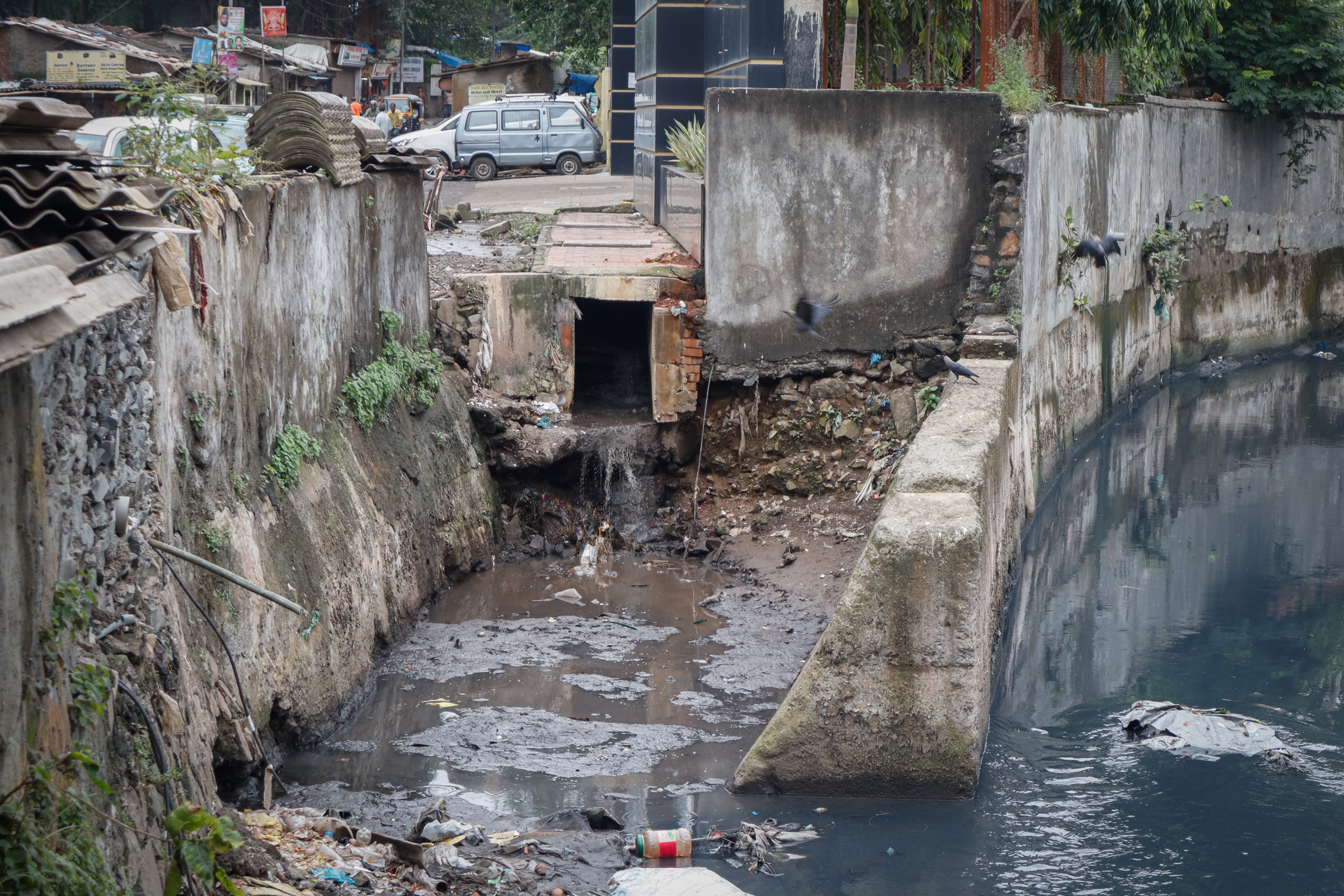Offering commercial product solutions that are optimised for sustainability, Rubbermaid Commercial Products (RCP) aims to make recycling the easiest option.
RCP’s Love Recycling Research Project recently completed its second phase, investigating what impact Covid-19, and its associated lockdown conditions, had on businesses, particularly on their recycling efforts.
The report, released on 21 September, indicates that 36 per cent of businesses intend to recycle more as a result of the pandemic but that 28 per cent still use a single container for mixed recycling streams.
In both research phases, RCP found that there are disconnects within the application of commercial recycling. As an example, businesses across Europe indicate that the potential increase in costs prevents them from recycling more; at the same time, they also acknowledge that implementing recycling processes and products is an effective way to reduce costs.
This mixed feedback may be because establishing recycling programmes, and their ongoing development, can incur budgetary costs in addition to the time costs required for product research and policy development. However, an overall increase in recycling costs is by no means a certainty when undertaking implementation or development work. When viewed as a long-term project, recycling does reduce costs for facilities in a variety of ways, from employing long-life products to less wasteful product solutions to reduced waste collection costs.
The conflict between increased and reduced costs can be explained further by another impediment that businesses cite: recycling education. A lack of available knowledge within an organisation on the principles, processes and best practices of recycling can explain the mixed thinking on recycling costs, while also explaining why more than a quarter of businesses still collect mixed recycling waste.
Collecting mixed recycling streams facilitates cross-contamination. Glass that breaks and shatters becomes embedded in paper and plastics and the most common streams may also introduce food waste contaminants. It takes very little contamination to consign an entire container’s contents to waste processing in landfills and incinerators rather than being recycled.
It is these kinds of issues that RCP aims to tackle with its Love Recycling initiative.
Working with more than 1,000 European businesses, understanding what the challenges are, at a supranational level, helps guide the development of guidance materials, product solutions and other tools.
From a practical point of view, RCP has developed innovative multi-stream recycling containers to help businesses easily improve their sustainability and recycling volumes. These containers split waste collection, allowing material streams to be kept apart at the point of disposal by customers or members of staff. These predominantly front-of-house units are matched with a series of capacious back-of-house waste containers that keeps waste streams split as they move through a facility before being taken off site for processing.
Splitting waste, and keeping it separated, virtually eliminates the cross contamination that occurs in a single unit, helping facilities meet their sustainability goals.
In addition to recycling, RCP also offers an innovative line of hand hygiene products that are designed to keep people safe.
Automated dispensers, such as the Hands Free Hygiene Station, eliminate the need for touch, preventing the risks of cross-contamination between users. Additionally, product solutions that have sealed refills provide reassurance against cross-contamination compared with dispensers that are bulk filled.

When it comes to preventing the spread of germs and contamination, the right waste receptacles are also vital to keeping facility users safe. The RCP Slim Jim Step On range provides safety and fits into facility aesthetics.
Closed-lid waste containers isolate waste away from the airflow, preventing germs and odours from spreading. Units that are foot-operated remove another area of potential cross-contamination for hands. The durability of such containers is a key purchasing factor, particularly where they will be placed in high-traffic areas, in constant use.
Waste can be reduced, increasing the sustainability of a facility, if its cleaning provisions use resources effectively. The water and chemical waste created by the traditional mop and bucket setup enters the water cycle, either requiring processing at a municipal treatment plant, or worse, ends up in rivers and streams.

The PULSETM Mop Kit, with its user-controlled onboard reservoir of cleaning solution, eliminates the need for a separate bucket, or the use of water. The cleaning solution of choice is applied directly to the floor from the mop, meaning no waste is created.
Beyond practical considerations, RCP also supports businesses with a comprehensive resource centre that offers practical guidance for facilities establishing and developing their recycling programmes, along with best-practice guides for any facility.
Through the rubbermaid.eu website, RCP offers businesses support with auditing tools that help organisations reduce costs and maximise their recycling and sustainability activities, and dispel the perception that increased recycling activity entails greater recycling cost.
The Love Recycling Research Project Part Two Report shows that when businesses rank their priorities, recycling and waste management ranks higher than delivering a consistent return to shareholders. The businesses surveyed by RCP put greater emphasis on protection of the planet and natural resources than they do on consistently rewarding shareholders.
Despite the disruption of 2020, it seems that commercial recycling will continue to grow, which can only be good for businesses, and for people.
For more information about Love Recycling reporting, insights and auditing, visit rubbermaid.eu and find out how your business can recycle more and spend less.
by Paul Jakeway, Head of Marketing, Rubbermaid Commercial Products, EMEA






